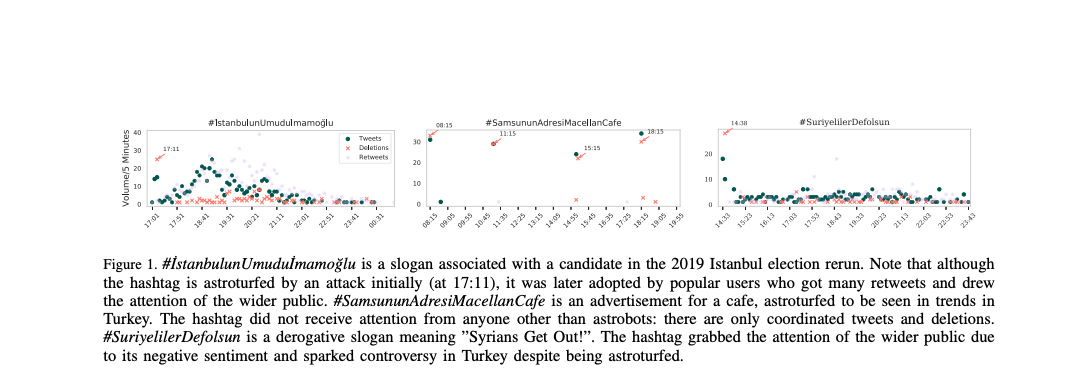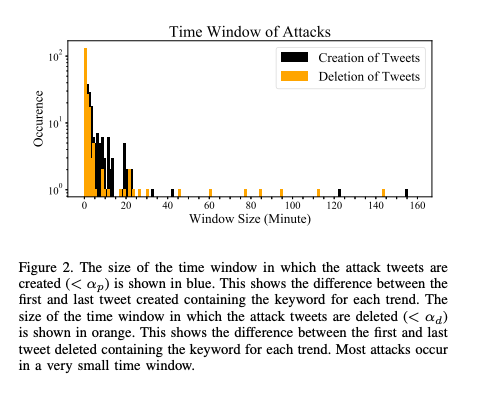
In his study "Ephemeral Astroturfing Attacks: The Case of Fake Twitter Trends," Dr. Tugrulcan Elmas reveals the alarming extent of fake trends on X in Türkiye. These manipulated trends, artificially promoted to the trending list, distort public perception and fuel political polarization.
With over 13 million active users, Türkiye is X's fifth-largest market globally, making it a prime target for such tactics. The country's already polarized political landscape further exacerbates the problem, as these trends can be used to manipulate public opinion and sway elections.
Fake trends are often created by social media agencies that openly advertise their services. For a fee, these agencies generate thousands of tweets filled with meaningless content to manipulate X’s trending algorithm. This practice distorts the digital public sphere and poses significant risks to the reliability of information on social media. By exploiting the platform’s algorithms, these actors create an illusion of public opinion on topics with little to no genuine engagement.

The research conducted an in-depth investigation using data from 2013 onward, identifying a large-scale operation to create ephemeral (short-lived) fake trends.
Data collection: The research gathered data from two sources:
Pattern recognition: By analyzing this data, the research found that most fake trends followed the same pattern:
Manual Review: The research manually reviewed 2,010 trend-date pairs, focusing on the first 10 tweets of each trend. If these tweets were deleted quickly and exhibited the lexicon pattern, the trend was marked as fake.

Fake trends have far-reaching consequences. They mislead the public and distort the digital public sphere, undermining trust in social media platforms. In Türkiye, where political polarization is high and the media landscape is tightly controlled, social media serves as a critical outlet for free expression.
The manipulation of trends can sway public opinion, spread misinformation, and even influence election outcomes. It creates an illusion of public support or outrage over fabricated issues, making it difficult for users to discern genuine public sentiment.
This manipulation also poses challenges for social media platforms like X. The automated systems designed to detect and remove spam are often ineffective against the sophisticated tactics used in these manipulation attacks. As a result, fake trends continue to proliferate, eroding the quality and reliability of information shared on the platform.
Understanding and identifying fake trends is crucial for maintaining the integrity of social media platforms. While manipulation is a global issue, the scale and impact in Türkiye are significant. Users need to be aware of these tactics and platforms should improve their detection and removal systems to protect genuine public discourse.